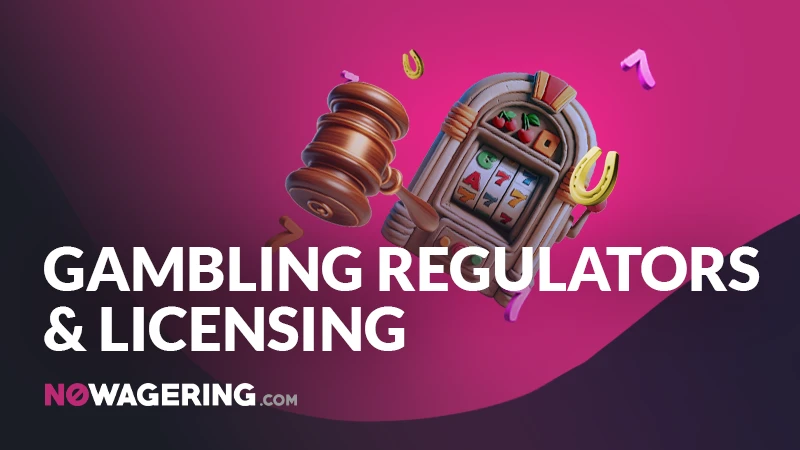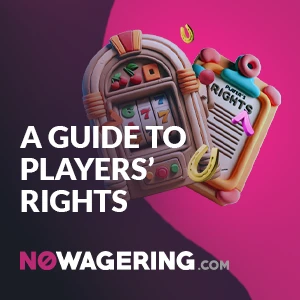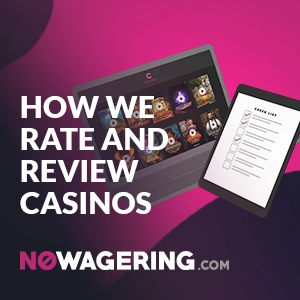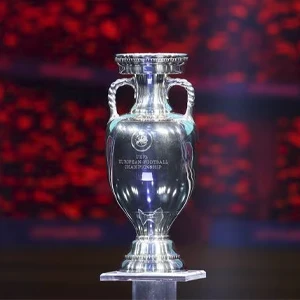Gambling regulators and licensing – an essential guide

Online gambling thrives on trust. Players need to know that when they gamble, they do so with the expectation of a fair chance of winning. They want to know that what has been presented to them – be it at a race course, in a brick-and-mortar establishment or online – is fair and transparent.
Furthermore, players want to know that their financial information and personal data is safe, and that they’re wagering their money with an honest, trustworthy organisation.
One of the key ways in which this trust is established is through regulators – independent government bodies that licence operators and uphold the rules, as set out in law.
Different countries with legalised online gambling sectors have different regulators, each with their own legal standards and requirements. In licensed jurisdictions, it is usually the case that operators must be licensed by the relevant local authority in order to take bets from local customers. In the UK, it’s the job of the Gambling Commission (UKGC) to oversee licensing and the enforcement of regulations.
All gambling operators in the UK are required to obtain a licence from the UKGC. Whilst operators do exist online that accept UK players without holding a licence from the UKGC, they are unlicensed and considered illegal operators under UK law. As such, they have none of the protections for UK players that come from playing with a UKGC-regulated, legal operator.
UK Gambling Commission (UKGC)
The UKGC was established by the Gambling Act 2005, as a body to oversee the process of regulating and licensing all forms of gambling activities in the UK. It is the sole body that regulates gambling operators in the UK, including online casinos, which must hold a UKGC licence in order to trade legally.
The Commission was set up to uphold the objectives of the Gambling Act – namely to ensure gambling is conducted fairly and openly in the UK, and in a way that protects children and vulnerable people from harm or exploitation. The UKGC issues licences to operators, with the ability to revoke or impose penalties on those falling short of the required legal standard.
Aside from its role in regulating and licensing gambling activity, the Commission has been heavily involved in helping shape the outlines of the forthcoming Gambling Bill. The consultation process has drawn together views and opinions from industry stakeholders on a range of different topics, including the proposals outlined in the government’s white paper.
Maintaining an open dialogue with the gambling industry and other stakeholders, the UKGC retains a flexibility in how it approaches regulation of what has grown to become a multi-billion pound industry in the UK.
The UKGC's CEO is Andrew Rhodes, who was appointed in May 2022.
Department for Culture, Media and Sport (DCMS)
While the regulator is part of the UK government, it is a Non-Departmental Public Body, operating at arm’s length from the central functions of government.
In government, the gambling brief falls to the Parliamentary Under Secretary of State for Sport, Gambling and Civil Society, Stuart Andrew MP. He reports to Lucy Frazer, who sits in cabinet as the Secretary of State for Culture, Media and Sport. Both work in the Department for Culture, Media and Sport, which has overall responsibility for the operation of gambling and the Gambling Commission in the UK.
Betting & Gaming Council (BGC)
The Betting & Gaming Council is the representative body of the gambling industry and represents the interests of licensed operators in the UK. Its Chief Executive, Michael Dugher, is a former Shadow Secretary of State for Digital, Culture, Media and Sport.
The BGC provides a voice for the gambling sector in discussion with the Gambling Commission, the DCMS and other stakeholders – particularly in light of proposals to reshape regulation.
Malta Gaming Authority
Malta is a perhaps unlikely centre for global online gambling. But by opening up its licensing scheme to online gambling, Malta provides a base from which companies can operate throughout the EU under licence.
Generally seen as less restrictive than a UK licence, a MGA licence allows online casinos to demonstrate they are working within a legitimate, regulated environment, while still retaining flexibility in how they operate.
In practice, a number of brands that operate across Europe hold a UK licence for UK players, and an MGA licence for players within the EU. As a result of the popularity of Malta’s regulatory structure, and its generally supportive business environment for the gaming sector, the industry now accounts for 12% of the country’s GDP.
Gibraltar Gambling Commissioner
Gibraltar also has a licensing structure for online gambling, which is overseen by the Gibraltar Gambling Commissioner. A British Overseas Territory, Gibraltar has autonomy in how it regulates gambling and crucially – its corporate tax structure. Non-resident owned companies in Gibraltar are subject to corporation tax of just 10%, a significant advantage for gaming operators compared with the UK where corporation tax is currently 25%.
With a system for regulation and licensing that is generally regarded as more flexible than the UK’s, Gibraltar is an attractive destination for some betting and casino companies.
Curaçao Gaming Control Board
Curaçao is a tiny island in the Caribbean, home to just over 150,000 people. Another unlikely destination for gambling licensing perhaps, the island has made gambling regulation one of its main industries. Thanks to a combination of low taxation, light touch regulation and low application fees, Curaçao has issued hundreds of licences to online casinos, slot sites and betting companies.
Curaçao licences are legitimate and provide a good level of flexibility for a licensed operator. The restrictions and regulations on operators set a much lower bar than other national regulators, coming nowhere close to the rigour of the UK, Malta and others. Curaçao licences are available relatively cheaply to anyone seeking a licence to operate an online gambling brand.
Finally...
While the Malta, Gibraltar and Curaçao boards offer different levels of protection for players and many casinos are registered with several boards, at No Wagering we only recommend or review a casino that is UKGC-licensed.





